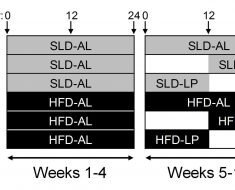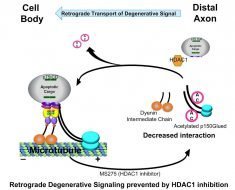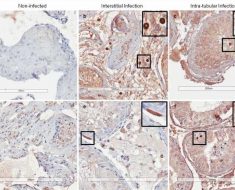Increased energy – or metabolic use – in patients with motor neurone disease (MND) has been linked to faster disease progression and reduced lifespan, according to University of Queensland researchers.
The UQ Centre for Clinical Research’s Dr. Frederik Steyn said his research team had revealed important information about how the body responded to MND, and could hold clues to new approaches to treatment.
“Patients who used more energy at rest were more than twice as likely to die within 12 months of assessment,” Dr. Steyn said.
“Following diagnosis, patients have an average life expectancy of two to five years, but there is a great deal of variability from person to person.
“It is extremely difficult for clinicians to identify which patients will progress rapidly and which won’t.
“We now know that how the body responds from a metabolic perspective can have a big impact on a person’s progression and survival.”
MND is a fatal neurological degenerative disease that progresses rapidly.
“There is no cure, in part because the genetic and cellular mechanisms that lead to the disease are not yet fully understood,” Dr. Steyn said.
“One of the hallmarks of MND is that cellular metabolism in muscle and nerve cells goes ‘haywire’, a phenomena that could impact on whole body energy use.”
The research showed this could contribute to the progression of disease, potentially manifesting as fatigue, weakness and atrophy.
UQ Australian Institute for Bioengineering and Nanotechnology Scott Sullivan MND Research Fellow Dr. Shyuan Ngo said the findings were extremely useful.
“It helps manage disease progression in the clinic, and opens up new avenues for improving patient outcomes through treatments that specifically target the cellular process of energy use.”
Source: Read Full Article





